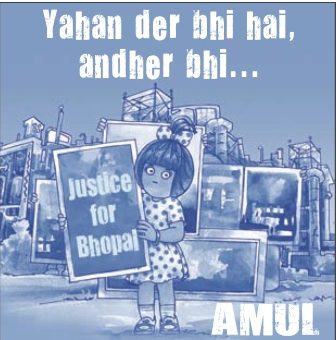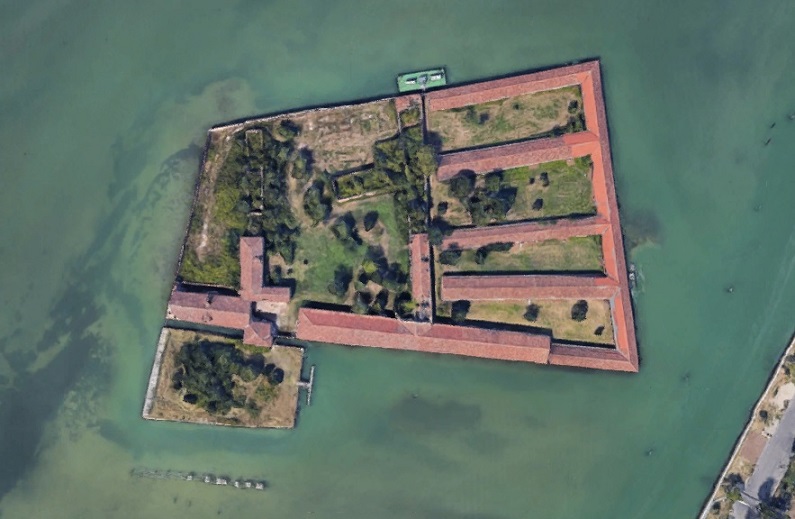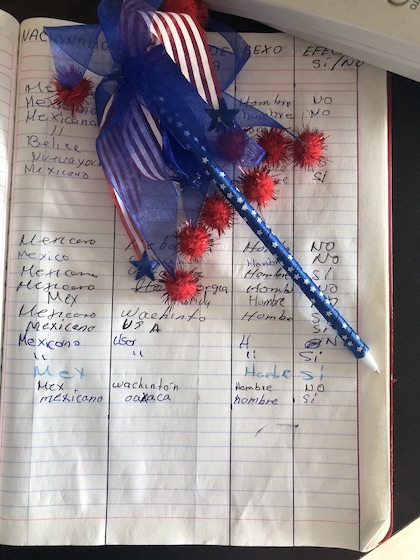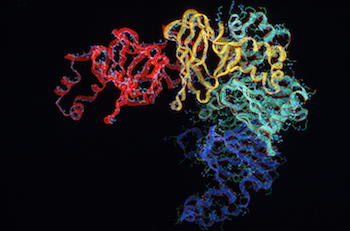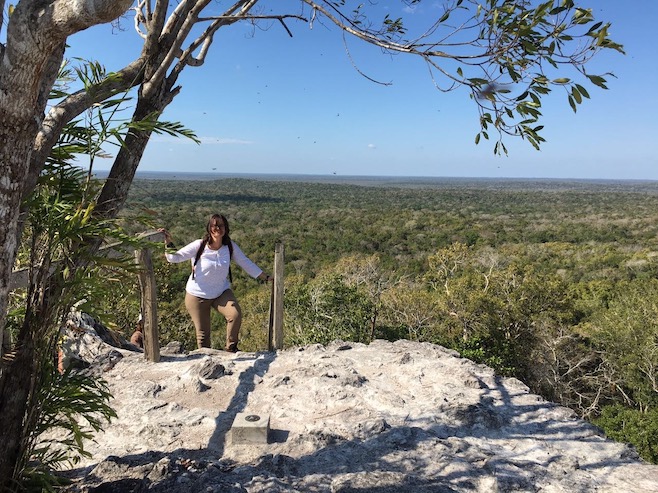
So long, Indiana Jones, or who owns “El Mirador”?
The rule of “finders, keepers” has held true for most archaeological discoveries at least since museums, as we now know them, have existed. Collectors of foreign objects have been around, of course, as long as war, but the officialization of plunder for the purpose of exhibiting foreign treasures in public spaces dates back to the Enlightenment (mid 18th to early 19th centuries), when feeding museums was part of anthropologists’ tasks, an expectation that survived until very recently. Explorers and discoverers were romanticized and immortalized in literature and, later, film. The debate over ownership of archaeological sites and objects has followed a similar arch; now the decolonization of knowledge and critiques of cultural appropriation are central to anthropological debates. Despite growing public questioning of ownership of the past and its objects, the ghost of Indiana Jones continues to capture and seduce many. The battle over who decides over the Mayan archaeological (read more...)

